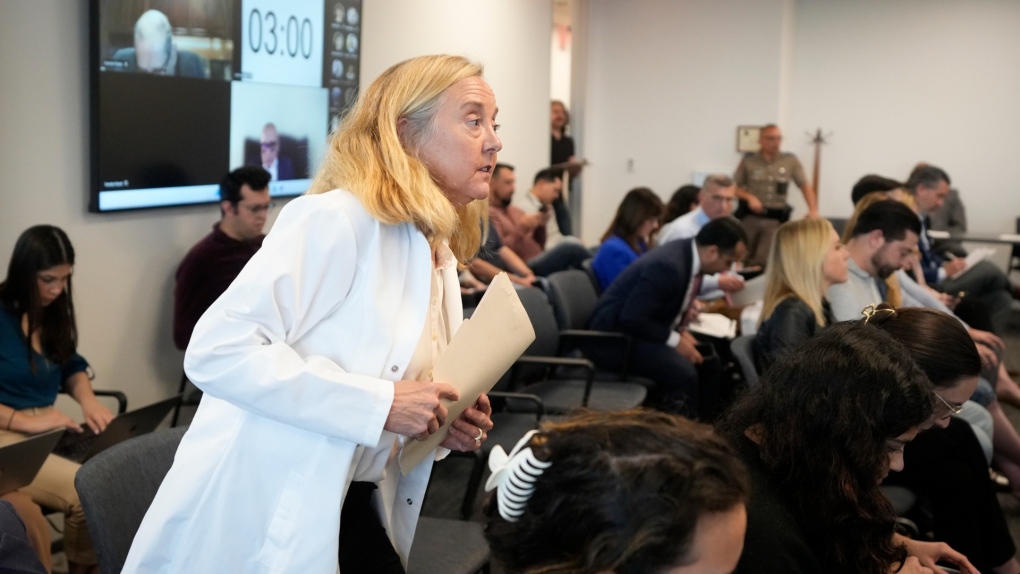
Texas health department appoints anti-abortion OB-GYN to maternal mortality committee
CTV
Texas' health department has appointed an outspoken anti-abortion OB-GYN to a committee that reviews pregnancy-related deaths as doctors have been warning that the state’s restrictive abortion ban puts women’s lives at risk.
Texas' health department has appointed an outspoken anti-abortion OB-GYN to a committee that reviews pregnancy-related deaths as doctors have been warning that the state’s restrictive abortion ban puts women’s lives at risk.
Dr. Ingrid Skop was among the new appointees to the Texas Maternal Morality and Morbidity Review Committee announced last week by the Texas Department of State Health Services. Her term starts June 1.
The committee, which compiles data on pregnancy-related deaths, makes recommendations to the Legislature on best practices and policy changes and is expected to assess the impact of abortion laws on maternal mortality.
Skop, who has worked as an OB-GYN for over three decades, is vice president and director of medical affairs for the Charlotte Lozier Institute, an anti-abortion research group. Skop will be the committee’s rural representative.
Skop, who has worked in San Antonio for most of her career, told the Houston Chronicle that she has “often cared for women travelling long distances from rural Texas maternity deserts, including women suffering complications from abortions.”
Texas has one of the most restrictive abortion bans in the U.S., and doctors have sought clarity on the state's medical exemption, which allows an abortion to save a woman's life or prevent the impairment of a major bodily function. Doctors have said the exemption is too vague, making it difficult to offer life-saving care for fear of repercussions. A doctor convicted of providing an illegal abortion in Texas can face up to 99 years in prison and a US$100,000 fine and lose their medical license.
Skop has said medical associations are not giving doctors the proper guidance on the matter. She has also shared more controversial views, saying during a congressional hearing in 2021 that rape or incest victims as young as nine or 10 could carry pregnancies to term.











